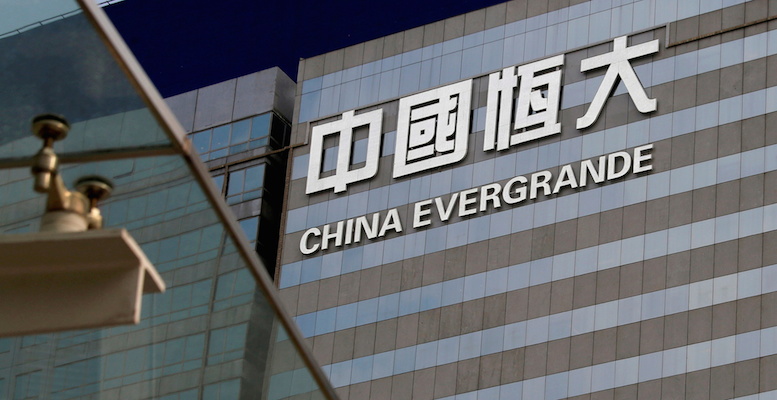Alicia García Herrero (Natixis) | As the landmark case of China’s property turmoil, Evergrande’s liquidation order marks a new beginning of the industry’s downsizing, or in polished terminology, rightsizing. We argue that the direct macroeconomic impact is limited, but it may come with a snowball effect on the already worsened sentiment on foreign investors, if not properly handled.
While Evergrande’s liquidation order may look astonishing, it is more a symptom of China’s structural real estate problem and transformation. China’s home sales started the year with challenges. High-frequency data suggests home sales in the 30 largest cities fell 6% year-on-year in January 2024, which is 50% of the level in 2019-2021 before regulatory changes. Evergrande’s liquidation may delay China’s home market recovery as households will stay cautious about units offered by private developers. However, the credit event itself will unlikely trigger systemic risks and substantial consequences on the macro level.
The further spillover towards China’s financial sector from Evergrande’s liquidation will also be limited. While banks may still see non-performing corporate loans for developers rising, the total exposure is only 3% of total assets. It means China’s banking sector can still absorb the direct exposure at a cost. While the macro impact is limited, foreign investors’ sentiment will not improve anytime soon, if not worsening. The liquidation order comes at a tricky time when China’s capital flows through direct and portfolio investment face more pressure. Such risk-averse sentiment can be amplified with the lower repayment priority for offshore bondholders, confirming our prediction in October 2021 and the potential losses for shareholders.
With the precedent of Evergrande’s case, it is possible to see more Chinese developers ending up in the same dilemma. What is unclear is the cross-border recognition of Hong Kong’s liquidation order in China, as in a different jurisdiction, which is more of a legal than an economic question.
Evergrande’s case will not pressure China’s economic growth, but the development may affect foreign investors’ perspective in the coming decades.





